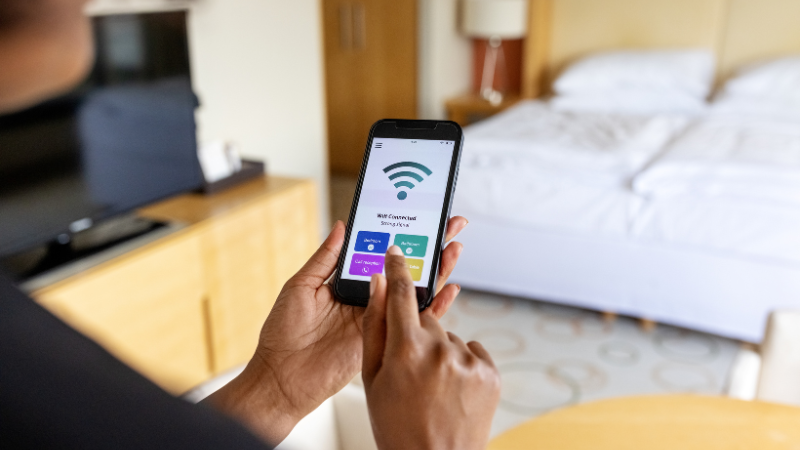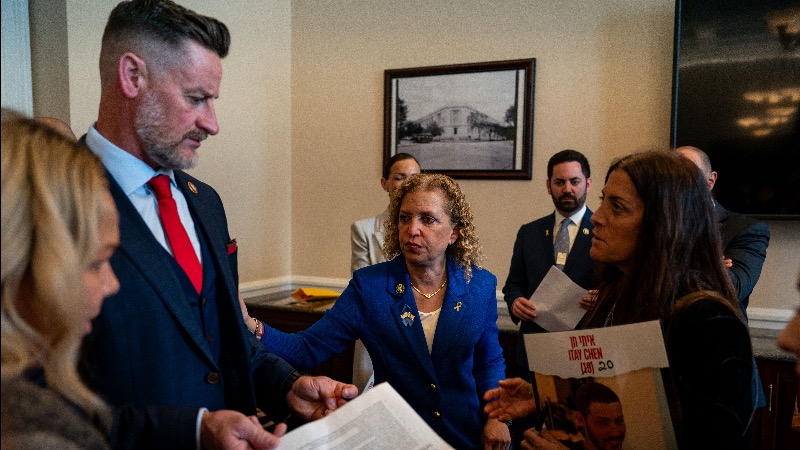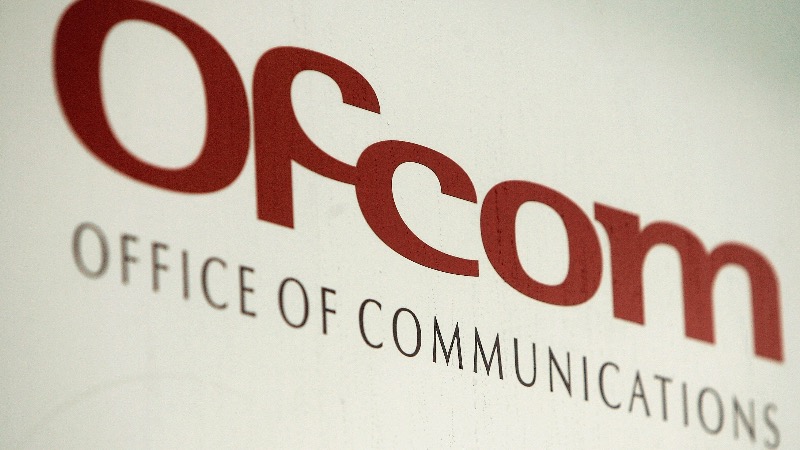 Image Credit: Luis Alvarez / Getty Images
Image Credit: Luis Alvarez / Getty Images Babies living in homes with high levels of wireless radiation are significantly more likely to suffer developmental delays, according to a new study.
Researchers found that babies exposed to higher levels of wireless radiation are three times as likely to develop problem-solving difficulties and three times as likely to suffer from fine-motor delays.
The study, published in the journal Cureus, notes that babies are especially vulnerable to the effects of wireless radiation.
“Since children have a developing nervous system with higher water content and ion concentration, their brain tissue is more susceptible to impairment due to the energy emitted from the cell phones held next to the head than that of adults.
“About twice as much mobile phone energy is absorbed in the peripheral brain tissues of children as compared to adults.”
The researchers measured levels of radiofrequency electromagnetic fields (RF-EMF) in the homes of 105 babies in Mumbai, India. RF-EMF is emitted by wireless devices like wi-fi routers, cellphones and Bluetooth-enabled devices.
The babies, aged between two and 12 months, were divided into low-, medium- and high-exposure groups and subjected a variety of tests to measure their cognitive, social and emotional development.
Children’s Health Defense reports: “The study showed babies in the high- and medium-exposure groups performed worse, on average, than babies in the low-exposure group on skills including gross motor, fine motor, communication, problem-solving and personal-social.
“Babies in the high- and medium-exposure groups were more than three times as likely to show delays in problem-solving skills, such as figuring out how to reach a toy, than those in the low-exposure group (3.67 and 3.12, respectively).
“Babies in the high-exposure group were nearly three times more likely (2.74) to display hand-eye coordination delays, such as difficulty stacking blocks, compared with the low-exposure group.”
Babies in the highest exposure group also had the greatest risk of emotional and social issues.
Back in March, Secretary of Health and Human Services Robert F. Kennedy Jr said he believes children should not be using cellphones in schools, claiming they affect children’s health and their academic performance.
Speaking to Fox and Friends, Secretary Kennedy said cell phones “produce electric, magnetic radiation, which has been shown to do neurological damage to kids when it’s around them all day, and to cause cellular damage and even cancer.”
Kennedy went on to outline a variety of harms associated with excessive cellphone use by children and teenagers.
“Cell phone use and social media use on the cell phone has been directly connected with depression, with poor performance in schools, with suicidal ideation, with substance abuse. And you know … other countries that have done this [banned cellphones in schools]. The states that are doing this have found that it is a much healthier environment when kids are not using cell phones in schools. And the teachers loved it.”
Kennedy added that although he believes cellphones should be kept out of schools, he believes parents should make the decision themselves. Nearly 80% of American parents support a school ban, according to a recent survey.
Nine states have now brought in cellphone bans or restrictions in their public schools: Arkansas, California, Florida, Indiana, Louisiana, Minnesota, Ohio, South Carolina, and Virginia.
Cellphone use among children is increasing rapidly.
In the US, survey data suggests 42% of US children will now have a smartphone by the age of 10, with 91% owning one by 14.
A meta-analysis of 25 studies showed a link between increased use of cellphones and other wireless devices and poor mental health in children and teenagers.
EXCLUSIVE: Trump Insider Roger Stone Responds To The FBI Raids Of John Bolton’s Home & Office



